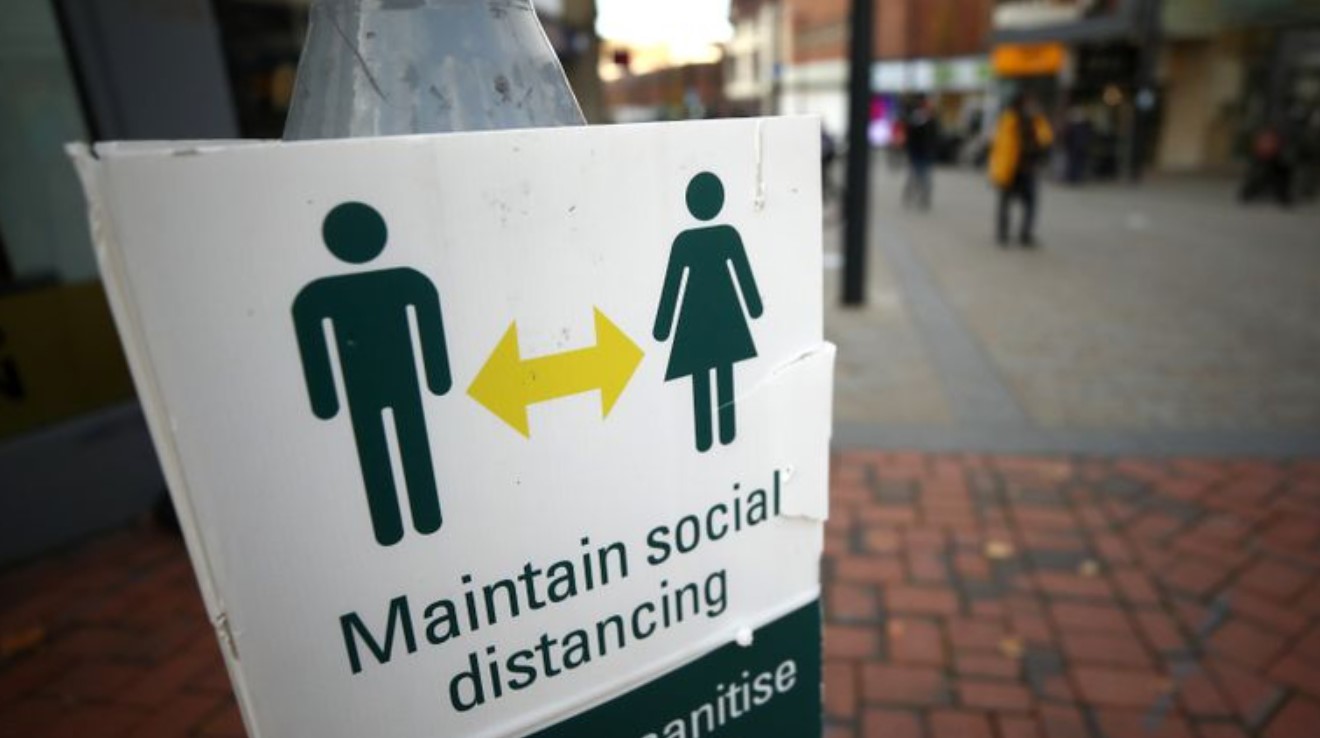A common criticism of lockdown sceptics who draw attention to the copious data that restrictions and social distancing make little or no difference to infection rates is that we are denying “germ theory”. By which is meant that we are denying the fact that viruses are transmitted from sick people to those they come into contact with and hence that reducing those contacts will significantly reduce the infection rate.
However, this criticism fails to recognise that risk of infection is not proportional to frequency of exposure. It doesn’t take into account the counterintuitive fact that halving your exposure, say, doesn’t halve your risk of infection, not even close.
Consider the case of John, who is one of the unfortunate few who is highly susceptible to infection, so that whenever he is exposed for a non-trivial length of time he has a 0.8 (i.e., 80%) chance of being infected. Suppose that under normal circumstances he attends four places in a week where he might be exposed outside his home, maybe the supermarket, his workplace, the pub and the barber or doctor.
What is his probability of being infected during the week? It’s one minus the probability of him not being infected. The probability of him not being infected at the supermarket is 1-0.8=0.2 (to keep things simple we assume that in all four contexts he visits he is exposed to the virus). Then the probability of him also not being infected at the pub is 0.2×0.2=0.04. Then add in two more contexts where he has to avoid infection, so multiply by 0.2 twice more, and you get the answer: 1-(0.2 x 0.2 x 0.2 x 0.2)=0.998, or 99.8% risk of infection. In other words, John’s chances of getting through the week when attending four places of exposure without being infected is almost nil.
Now suppose that due to restrictions, John halves the number of places he goes where he is exposed, dropping the pub and workplace maybe but still going to the supermarket and the doctor or barber. So he halves his risk of infection, right? Wrong. That’s not how risk works when the event is a binary one (getting infected or not) that you are trying to avoid. That’s because you only have to get infected once to ‘lose’, but you have to avoid it every time to ‘win’. John’s probability of being infected during the week now is 1-(0.2 x 0.2)=0.96. So halving his amount of exposure during the week reduced his risk of infection from 99.8% to 96%, i.e., it just made it slightly less certain.
Indeed, even if John reduced his weekly exposure to just one context (say, the supermarket or the doctor) he would still have an 80% chance of being infected during the week. The only way to reduce it significantly would be to have zero exposure, but that is rarely possible for anyone. And the risk repeats week in, week out for as long as the virus remains prevalent.
Now, someone having an 80% risk of infection on exposure may be unrealistic (though presumably some people really are that susceptible). But you can reduce the risk of infection in the calculation, and also take into account the chance that you won’t always be exposed when you visit somewhere, and the basic point remains: reducing your frequency of exposure does not significantly lower your risk of infection.
This is one of the reasons that lockdowns and social distancing do not make the impact on the infection rate that many assume they will. They assume reducing exposure reduces risk proportionally, but in reality the virus is quickly able to infect almost everyone who is susceptible, largely regardless of restrictions and distancing, as they continue to be exposed in their day-to-day lives.












To join in with the discussion please make a donation to The Daily Sceptic.
Profanity and abuse will be removed and may lead to a permanent ban.